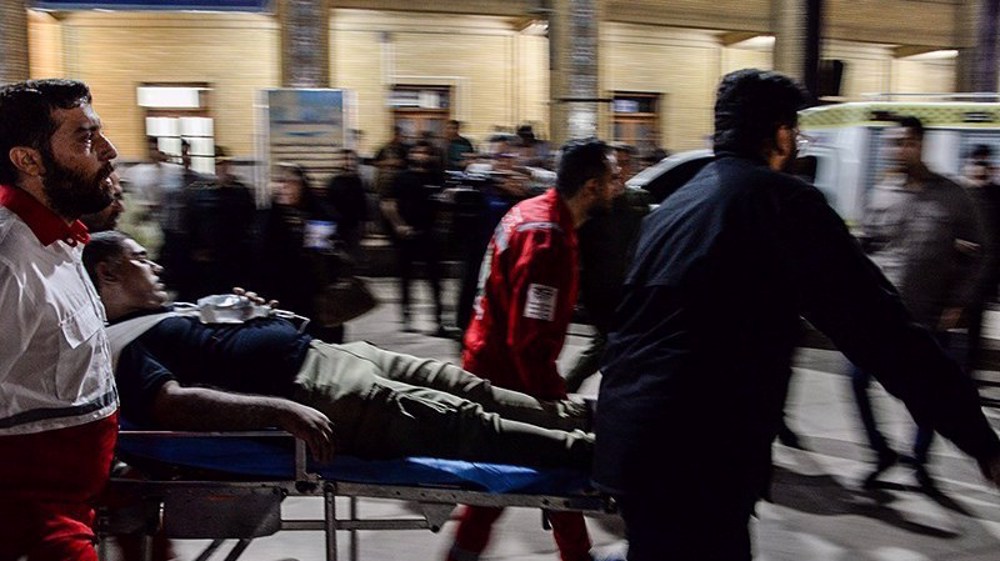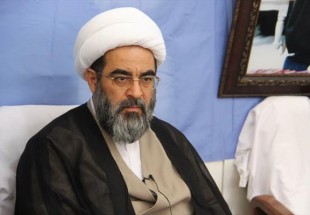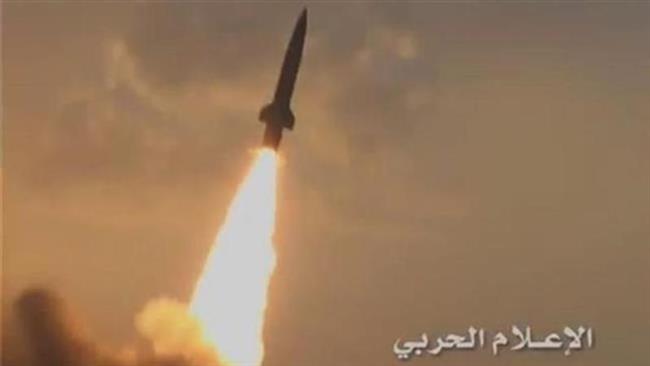Iran’s Intelligence Ministry dismantles ‘Zionist-terrorist’ cells in four provinces
Iran's Intelligence Ministry says its forces have dismantled a number of terrorist cells affiliated with the Israeli regime in four provinces across the county.

The Ministry said in a statement on Wednesday that the “sabotage cells” were part of a vast “Zionist-terrorist” network that had carried out several operations in the four Iranian provinces of Khuzestan, Mazandaran, Kermanshah, and Sistan and Baluchestan.
The statement announced the identification and arrest of 14 terrorists by the Intelligence Ministry’s forces in the four provinces as well as the seizure of 43 powerful ready-to-detonate bombs.
Two “fully armed and well-equipped” terrorists were arrested in Khuzestan Province earlier in the month, who were in possession of 382 types of homemade bombs, bomb-making tools and chemical materials as well as 65 incendiary bombs, according to the Ministry’s statement.
In the western province of Kermanshah, two other terrorists carried out various false-flag operations and sent videos to the leaders of the terrorist cells based in Denmark and the Netherlands.
The terrorists arrested by Iran’s Intelligence Ministry were reportedly attempting to stage attacks, implicating the country’s police and law enforcement force.
The statement underlined that the terrorists used Telegram, Instagram, WhatsApp and Twitter as their main social media platforms, while they enjoyed media links with TV channels such as Iran International and BBC Persian.
The Ministry said the terrorist groups’ bases were located in various countries like Germany, the Netherlands, and Denmark, adding that Daesh operatives were also based in Afghanistan while certain gangs were operating from Pakistan.
Earlier this month, two people were killed and eight others injured in an armed terrorist attack on the Shah Cheragh shrine in Iran’s southern city of Shiraz, for which Daesh later claimed responsibility.
The Shah Cheragh shrine was the scene of a similar attack by armed terrorists on October 26, 2022, when an armed terrorist barged into the shrine, killing 15 pilgrims, including women and children, and injuring dozens more before he was shot and injured by security forces.
Terrorist groups carrying out attacks against Iranian interests in the southeastern and southwestern parts of the country have known links to a number of repressive regimes in the Persian Gulf region.
Iran’s security forces have been vigilant and successful in protecting the border areas and thwarting most terrorist plots by foreign-backed anti-revolution elements across the country.





